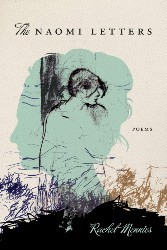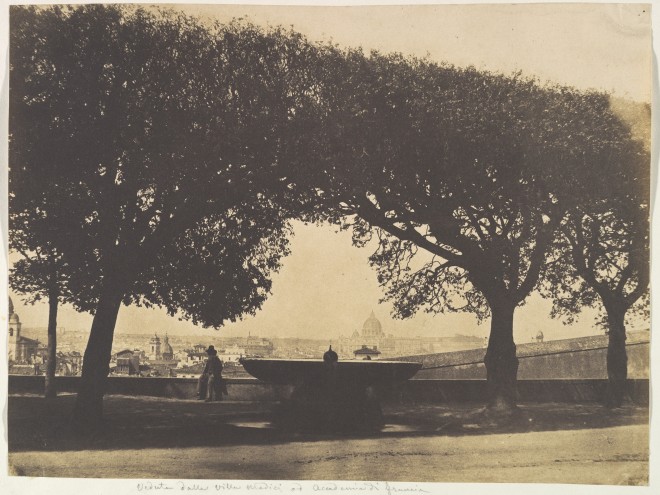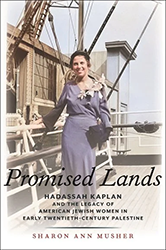On the eve of World War II, Vladimir Horowitz, the renowned Russian-born Jewish pianist, was living in Europe and preparing to re-emerge as a concert performer. After marrying the daughter of master conductor Arturo Toscanini in 1933, Horowitz had been absent from the stage for a number of years. What lay behind his absence?
Lea Singer’s novel The Piano Student (in German Der Klavierschüler) speculates on Horowitz’s crisis as a performer based on letters Singer (the pen name of German cultural historian Eva Gesine Baur) discovered in a Swiss library. During part of this period, the letters reveal, Horowitz was engaged in a relationship with a young Swiss musician named Nico Kaufmann. The potential scandal and the intensity of the relationship had many repercussions for Horowitz and for Nico, all of which played out against a background of a world heading toward world war. The novel looks back retrospectively on the events of the late 1930s from Nico’s perspective in the late 1980s as he travels for several days through Switzerland visiting the scenes of his long-ago affair, accompanied by a stranger, a Swiss lawyer named Donati, whom he meets in a down-at-heels bar.
The novel draws out many themes that resonate in today’s world on the nature of sexual identity and art, especially the relationship between passion and art and suffering and creativity. Nico provides a moving analysis of Horowitz’s struggle with his sexuality and his desire for what his wife and father-in-law and the general public considered normal, which parallels Nico’s own struggle with his middle-class parents and the conflict experienced by Nico’s companion. He concludes that Horowitz’s desire to be considered “normal” contradicted everything in his art.
While the novel presents its themes with sensitivity and restraint, the blending of documentary and fiction doesn’t always work effectively. The letters Nico reads to his companion are presumably the letters Singer/Baur found and thus a genuine expression of Horowitz, but Horowitz remains somewhat opaque as a character. The novel’s construction seems contrived in its travelogue structure and the underdeveloped thread about Donati. At its best, however, The Piano Student illuminates the sacrifices artists make for their art. It also, as Nico tells his companion at the end, shows us “the possibilities” of life.




